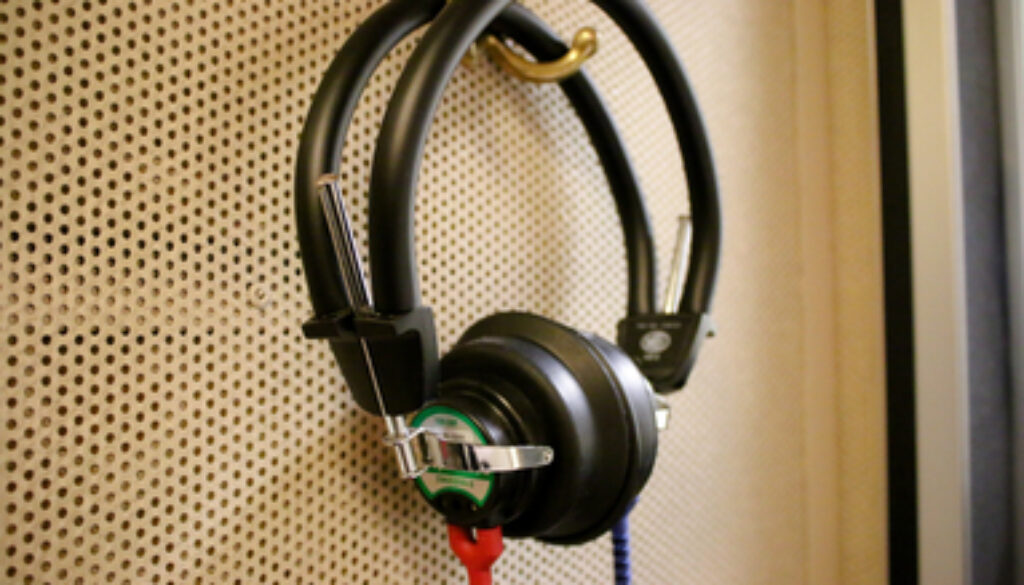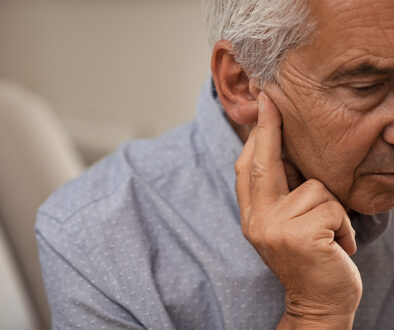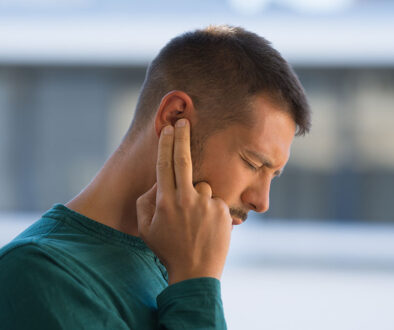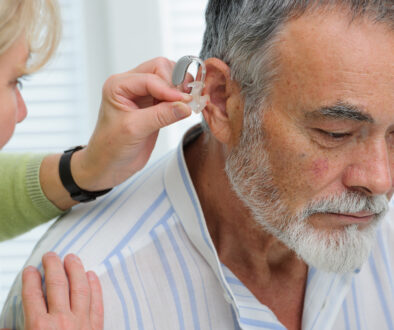How Loud is Too Loud? Seven Ways to Protect Your Hearing
Listening to your favorite band during a gym workout can inspire you through those last five minutes, but it may be doing irreversible damage to your hearing. One in 5 Americans experience hearing loss, but a staggering 80 percent do nothing about it.
Hearing loss can lead to other problems such as tinnitus, social isolation, and sleep disturbances. It can also triple your risk of falling.
How loud is too loud? We’ve compiled some useful information to take the mystery out of sound measurement.
What are decibels (dB)?
Sound intensity is measured in decibels, which is a logarithmic measurement of sound pressure level. Many experts recommend hearing protection at or above 80 dB.
Following are some common noises and their decibel levels:
- Quietest sound heard by a person with normal hearing —– 0 dB
- Normal conversational speech —– 60 dB
- Lawn mower or loud toys —– 95 dB
- Power tools, chainsaw or motorcycle —– 100 dB
- Listening to an iPod at full volume —– 105 dB
- Rock concert at Cary amphitheater —– 110 dB
- Ambulance siren —– 120 dB
- Jet engine at the Raleigh / Durham airport —– 140 dB
- Fireworks or a gunshot —– 140 to 160 dB
How do loud noises damage your hearing?
Hearing is a fascinating and complex process. All parts must seamlessly work together to enable you to hear clearly. Sound waves travel through the ear canal to the eardrum. The eardrum vibrates, moving bones in your middle ear. These bones transmit the waves to the fluid-filled cochlea, which is part of the inner ear. The cochlea contains tiny hair cells. These hairs change the wave into nerve signals, which are then transferred to the brain along the auditory nerve.
Exposure to loud noise can damage these tiny hair cells.
This affects the signal clarity, making it difficult for the brain to interpret sound. If you are frequently exposed to loud sounds on the job or recreationally, you should have your hearing tested annually by an audiologist. See our audiologists service page!
How to protect your hearing:
The key to protecting your hearing is one part common sense and one part preparation. The American Academy of Otolaryngology offers these tips:
- If you work at a loud place, such as a construction area or factory, be sure you follow labor regulations and use hearing protective devices.
- Try to choose quiet leisure activities instead of loud ones—particularly if you work in a loud environment.
- Use customized ear plugs, particularly when you know you’ll be exposed to noise for a long time, such as at a rock concert. The most effective ear plugs are available through local audiologists.
- Wear hearing protective devices when operating noisy machines (lawnmowers, blowers, saws, vacuums, nail guns, or motorcycles).
- Keep televisions, radios and MP3 players at a reasonable volume.
- Be aware of how long you are exposed to louder noises. Try to reduce this time if possible.
- Be aware of how many loud noises your children are exposed to—listening to loud music can permanently damage hearing.
Hearing is a precious gift. If you don’t take care of it, you can lose it. The good news is that there are several options for those who have hearing loss. Speak with your audiologist about the type of hearing aid that’s right for you.




